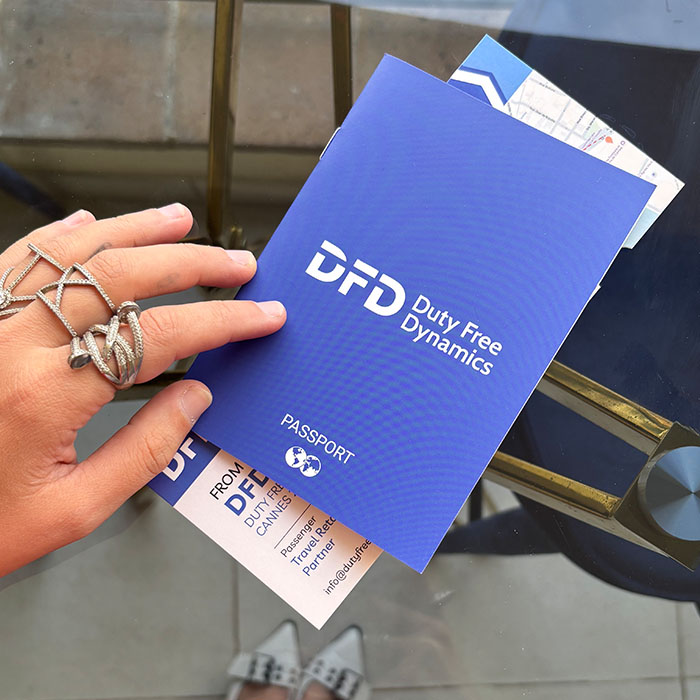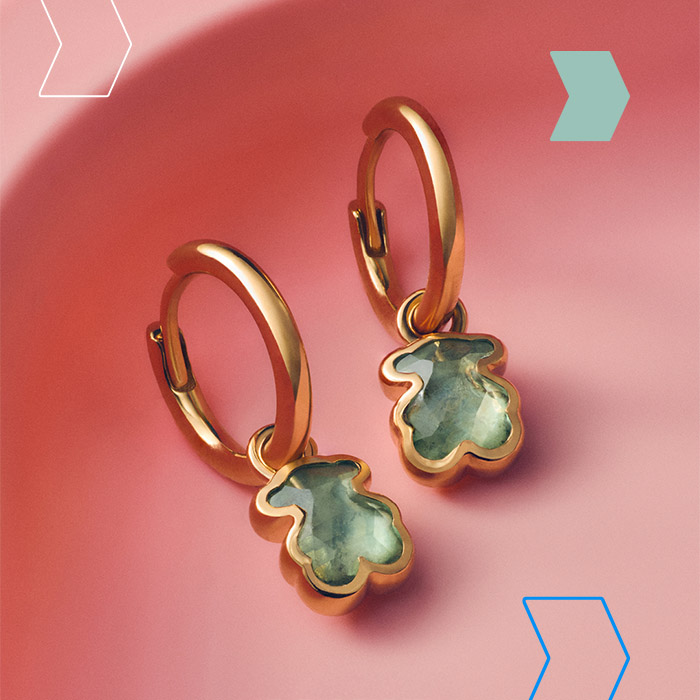
Why eco-friendly brands are relevant to the travel retail business
It’s becoming increasingly common for consumers to incorporate sustainable practices into their lives. From bicycling to avoiding plastics, this trend transcends to purchasing considerations. In response to this phenomenon, brands are rethinking their manufacturing processes and social responsibility initiatives.
One of the consumer groups mostly behind this movement is the Millennial generation. According to the Consumer Insights Report issued by the Swiss research agency “m1nd-set”, Millennials not only lead objective purchasing in travel retail, but 91% of this generation and 84% of all interviewed shoppers around the world, agreed on the effect of eco-friendly initiatives. They said those practices, if sustained, will have a positive impact in their perception of a brand and the places where it’s being presented for sale.1 Duty Free Dynamics always considers these industry insights to make informed decisions and develop its brand portfolio accordingly.
Duty Free Dynamics’ Outdoors and Footwear categories, represented by Hydro Flask, Toms and Teva, are among the best examples of brands that respond to younger generations’ trends and tendencies, by making sure their message of sustainability is materialized with actions.
Hydro Flask
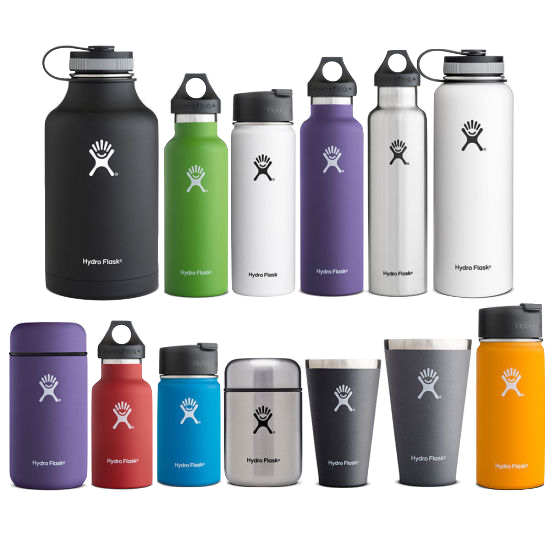
Last July, this award-winning leader in high-performance, insulated stainless steel flasks and soft good innovations, launched its “Refill for Good” campaign to encourage people to protect the environment by making a commitment to end single-use plastic. “To-go” containers and plastic water bottles can be replaced by Hydro Flask.
Offering reusable products since 2009, Hydro Flask provides uniquely refreshing experiences, innovative designs and an unparalleled user experience. The company has grown to become the number one overall American water bottle brand in “Sporting and Outdoors Goods”, according to a Sports One Source SSI report.
Toms
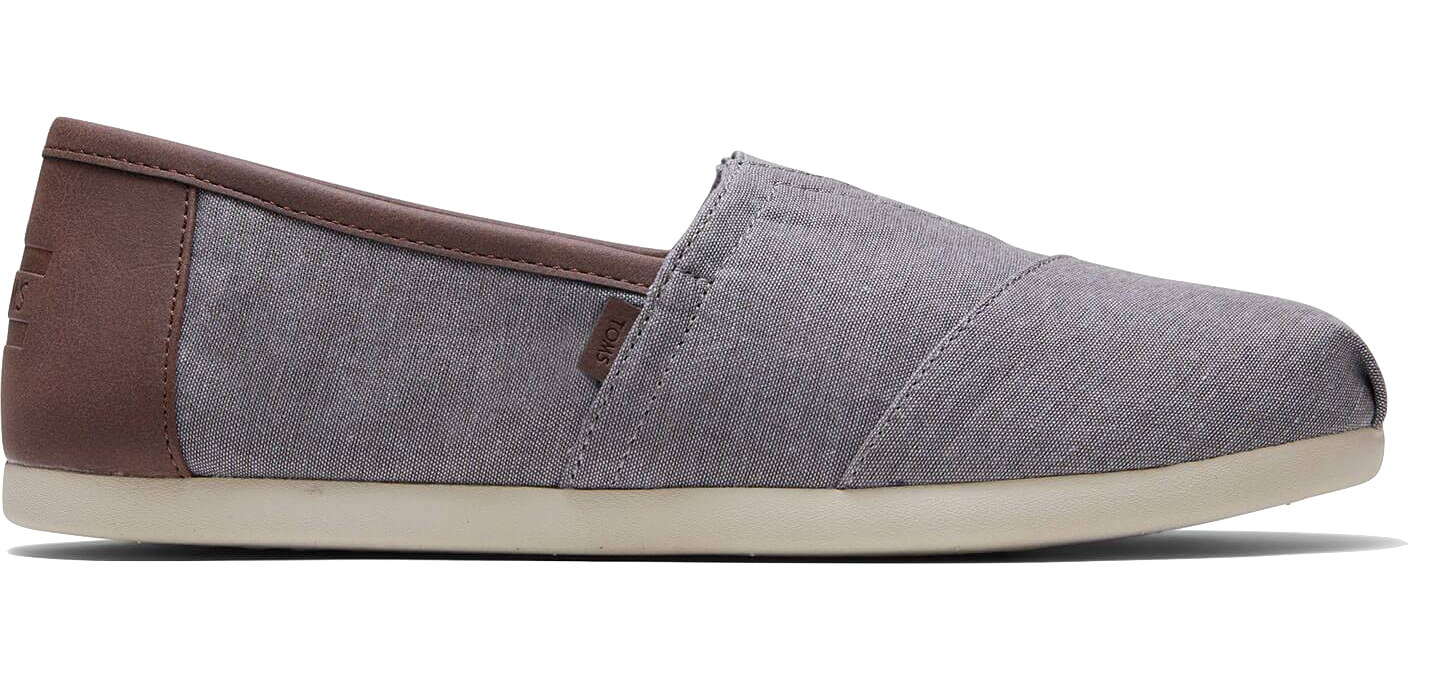
In contributing to a cleaner environment, Toms carefully evaluates the materials and processes used in its products. The brand doesn’t use the term “earth-friendly” loosely.
Toms’ Earthwise™ products are rooted in earth-friendly materials and processes. For a product to be considered Earthwise™, at least one of its main components must contain a minimum percentage of earth-friendly materials. For instance, the OrthoLite® insoles are made with 26% eco-content.
Toms pioneered the One for One® model in 2006. Since then, the company has provided nearly 100 million pairs of shoes to people in need.
Teva
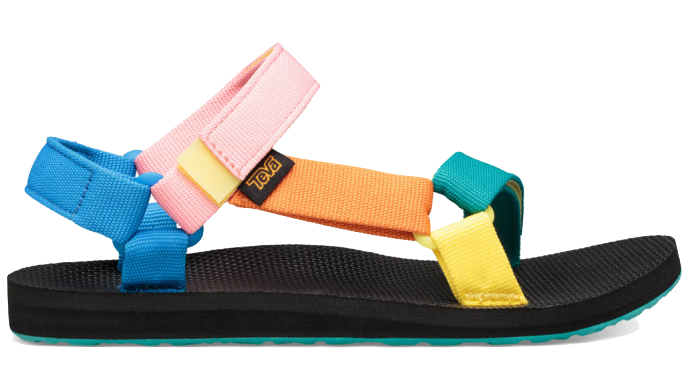
As of this year, all Teva’s polyester straps are now made from 100% recycled plastic, which would represent over 9 million plastic bottles being kept out of landfills in 2020.
Teva has made significant environmental strides over the past decade, including the removal of excess waste, reducing water usage and significantly decreasing its carbon footprint in its packaging.
By focusing on accessibility, functionality and simplicity since its founding, Teva has widely influenced and impacted the outdoors activities of a whole generation. The “original sandal” became a transformative force in the outdoors market. In 2012, Teva was awarded one of the top 100 “Most influential gear of all time” by Outside Magazine.
1. https://www.m1nd-set.com/m1nd-set-in-the-media.html#!modal=potential-for-purpose-driven-brands-in-travel-retail
